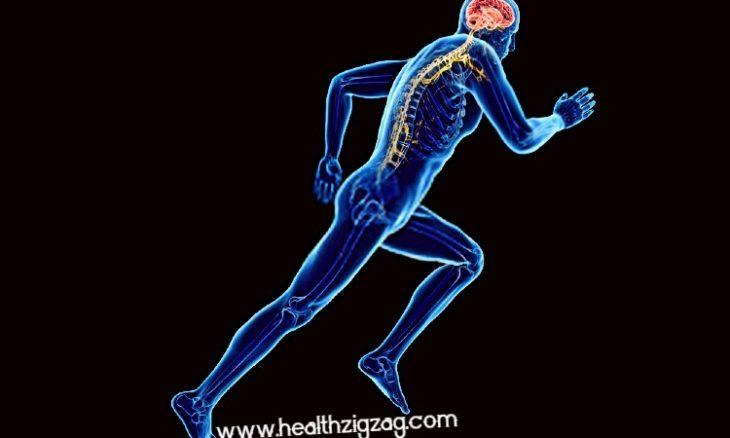
Contents
Various investigations have proven that physical exercise is good for brain health. Physical activity contributes to the proper functioning of the brain. Prevents its deterioration and has magnificent effects on cognitive abilities.
Regular physical activity is a decisive factor for human well-being. It is proven that exercise is good for brain health. And a good part of our psychological and organic health depends on the health of this organ. For this reason, exercising is almost an obligation if we want to lead a healthy life.
There is sufficient evidence that exercise is good for brain health, as it slows aging and helps prevent serious diseases such as Alzheimer’s. Likewise, it has a decisive impact on good mood and quality of life. Since ancient times it has been affirmed that exercise is good for brain health.
Do not miss to read: How To Do Yoga? Total Guide
Exercise is good for brain health
In principle, exercise is good for brain health because the brain depends heavily on the cardiovascular system. This, in turn, works much better when you practice physical activities regularly. Cardiovascular health has a direct impact on brain health.
Several studies show a relationship between the frequent practice of exercise and a lower risk of suffering from neurodegenerative diseases. Likewise, physical activity improves various cognitive functions and brings psychological benefits.
A group of scientists from the University of Western Sydney and the University of Manchester published a study about it in the journal NeuroImage. According to their research, some areas of the brain decrease 5% every decade after age 40. By exercising that low percentage, and can even be reduced to a little more than zero.
Physiological and cognitive benefits
One of the main reasons why exercise is good for brain health is that it helps to generate more neurons. For a long time it was believed that the brain was not able to generate new cells, but today we know that it is. This process called neurogenesis.
One of the brain areas involved in neurogenesis in the hippocampus. In an experiment conducted by Dr. Joseph Firth with 737 people, found that regular aerobic exercise increased the size of the left hippocampus area. This favors the formation of new neurons.
Read Also: Yoga And Meditation For Grieving
Other benefits of exercise are as follows:
- Maintenance of gray matter: Gray matter is responsible for data transmission and mental agility. This deteriorates over the years. Those who exercise keep it denser and more complete, despite age.
- Improve executive functions: These functions allow us to perform tasks or solve complex problems.
- Increase concentration: Several studies show that those who practice exercise are more easily concentrated.
- Increased cognitive flexibility: Flexibility has to do with the ability to move from one task to another more easily. Physical activity increases this capacity.
- Improves long-term memory: One study showed that those who exercise before memorizing a text remember it better than those who do not do any physical activity.
- It slows brain aging: There is research that proves that those who exercise regularly increase the volume of the cerebral hippocampus by 1 to 2%, after 30 years.
Psychological and emotional benefits of exercise
As if all the above were not enough, it has also been proven that physical exercise brings many psychological and emotional benefits. Mental health is one of the most important components of good brain functioning and physical activity helps to improve and maintain it.
Some of the reasons why physical exercise is good for brain health are the following:
- Prevents and reduces depression: Physical activity is a natural antidepressant since it affects the production of serotonin. A neurotransmitter that contributes decisively to experiencing a feeling of well-being and improving mood.
- Reduces stress and anxiety: When exercising, endorphins released, more exactly dopamine and norepinephrine. These contribute to reducing states of restlessness and irritation and promote greater emotional stability.
- Increase self-esteem and creativity: Physical exercise also influences the increase of self-esteem, motivation, and vitality. All these contributions fly us more creative and proactive. Likewise, physical activity helps reduce withdrawal syndrome when you want to leave the addiction. Published By Healthzigzag.com
Read Also: How To Get Rid Of Back Fat: 10 Best Exercises, Foods To Eat




